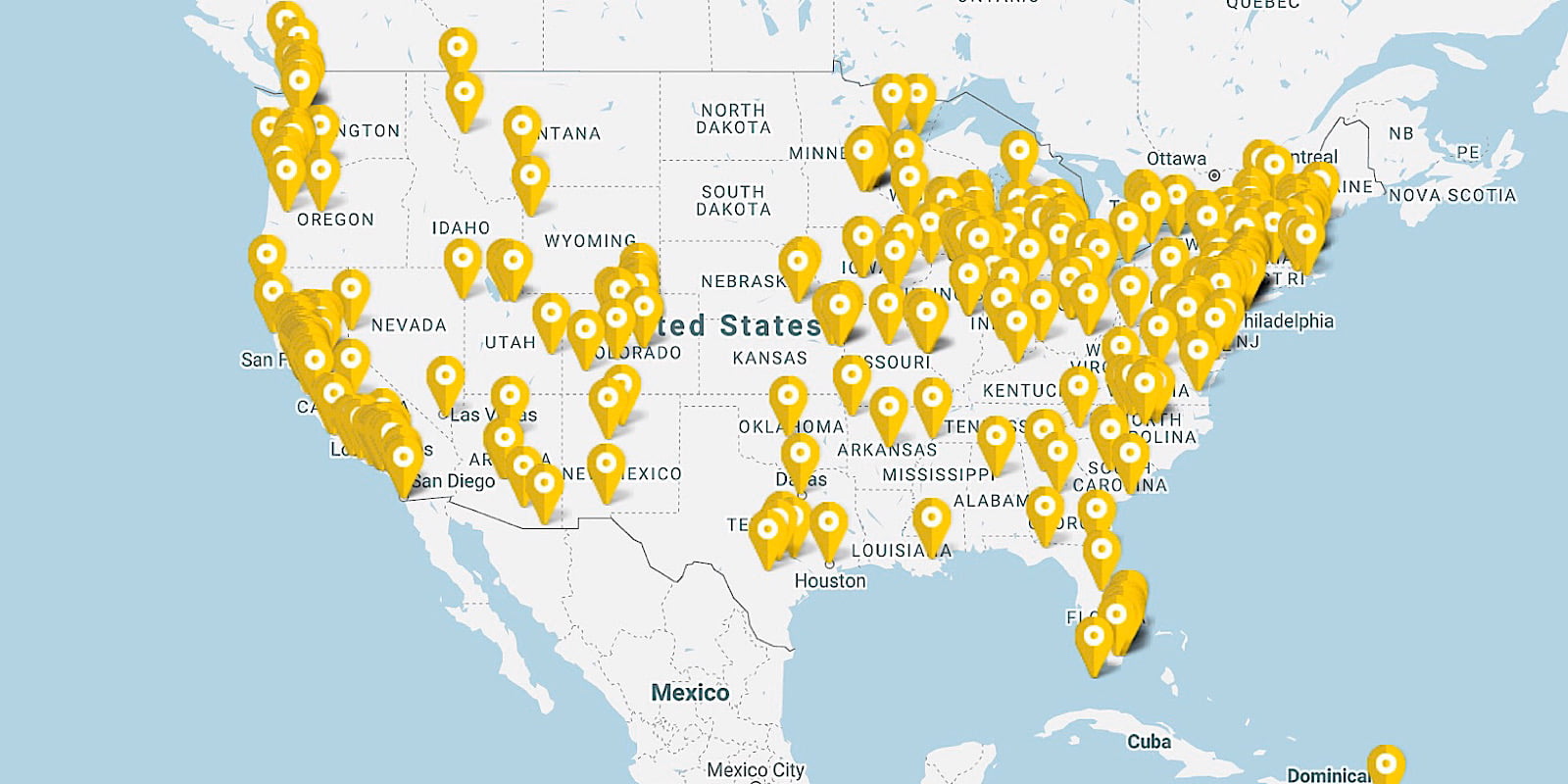In the absence of meaningful climate action at national levels, cities around the world are working on developing approaches to reducing carbon emissions with the goal of slowing disruptive climate change. In North America, over 400 US and Canadian cities with a total combined population of over 70 million have recognized the need to reduce carbon emissions through clean renewable energy and energy efficiency. Many of these cities have established and adopted Climate Action Plans (CAPs), sometimes called Sustainability Plans, and others are gearing up to begin the process. Most of these plans include carbon emission reduction goals and benchmarks, and many aim at reducing or even eliminating carbon emissions to zero on or before 2050.
Directory of Climate Action Plans
Zero Energy Project has created a new directory of Climate Action Plans so that interested citizens and city officials can quickly access them and learn from the work done by these leading cities. You can easily search for cities with CAPs near you, using our interactive map.
This North American Climate Action Plan Directory is intended to help build and strengthen information sharing among cities who have established or are considering establishing a Climate Action Plan. The goal is to promote collaboration and encourage cities to build on each other’s successes in improving energy efficiency, growing renewable energy resources, and cutting greenhouse gas emissions.
Our interactive map shows the cities with CAPs, their locations and populations. The current stage of each CAP is shown as “committed to developing,” “in development,” or “completed and implementing.” Cities with similar populations, locations, and/or climates may find these links to CAPs helpful as they develop, update, or implement their plans.
Climate Action Plan Scorecard
The American Council for an Energy Efficiency Economy has developed a Clean Energy Scorecard for 75 cities with Climate Action Plans, using a point system to recognize those cities that have taken the most effective actions. The leading city was Boston, Massachusetts, which is implementing strict energy reduction provisions in building codes. It is also implementing and encouraging financing programs to address the housing sector’s need for both affordability and sustainability by incorporating carbon reduction strategies, including solar panels, energy-efficient equipment, and insulation, at the design phase. Another leading city, from which others may learn, is Portland, Oregon, number 10 on the Energy Scorecard. It has ambitious targets to slash energy consumption in buildings and requires all homes for sale to have a home energy assessment, which will encourage high-performance homes to become the new standard.
Tools for Developing CAPs
There are a variety of tools to help cities develop cost effective CAPs. One example is Energy Innovation, a non-profit energy and technology policy consulting firm that offers resources to support policy makers, including an Energy Policy Simulator. The simulator helps cities determine which energy policies can lower greenhouse gas emissions and their associated costs. It allows you to discover the effects of various energy policies, build a preferred policy package, and share it with colleagues.
Add Your City to Our CAP Directory
Zero Energy Project will update our CAP Directory as the climate action movement expands and evolves. If your city is developing or implementing a CAP you can add your city to our directory or update a current listing. If your city has a CAP with a unique approach you would like to share with communities who are developing CAPs, reach out to us! .
Let us know how we can make the North American Climate Action Plan Directory even more useful. Your feedback is welcome as we work towards our goal of helping every North American city develop and implement an effective Climate Action Plan.
Robin Sullivan is a Research Associate with Zero Energy Project.

